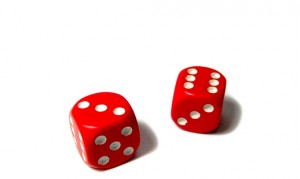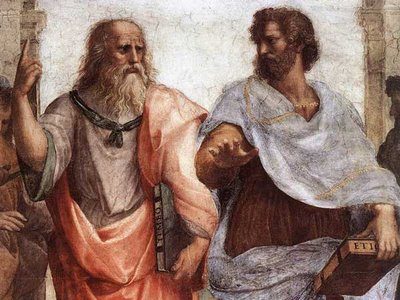 A cronopio is an imaginary being that was born from the fantasy of its creator, the Argentine writer Julio Cortázar (1914-1984). According to the writer himself in some interviews, the cronopios were born in his mind one day in 1952 while he was witnessing a musical performance by the maestro Igor Stravinski.
A cronopio is an imaginary being that was born from the fantasy of its creator, the Argentine writer Julio Cortázar (1914-1984). According to the writer himself in some interviews, the cronopios were born in his mind one day in 1952 while he was witnessing a musical performance by the maestro Igor Stravinski.
During the break from the performance, Cortázar found himself alone in the theater, while the rest of the audience had left their seats. Suddenly and unexpectedly, a strange image came to his mind: indefinable globe-shaped characters, wet-looking and green in color, wandering amicably among the empty seats. The image of these beings immediately suggested a name for them, cronopios. Later, the cronopios were described with a partially human aspect and were part of one of his most famous books published in 1962, "Histories of cronopios and famas".
Cortázar does not describe them in a precise way
However, he himself affirmed that they are asocial "individuals"; like poets, marginal people and all those who live on the fringes of everyday life.
In the short story entitled "Eugenesia" Cortázar provides some information about these characters: they belong to the humble classes and when they are adults they resort to fame with the purpose of fertilizing their women. In that same tale, it is suggested that the chronopians believe themselves morally superior to the fame.
Famas are the characters opposite to chronopios. Famas are like formal people and they resemble political leaders, managers of multinationals and influential people in society. In an intermediate plane between chronopios and fame, there are hopes, characters that have some chronopios and some fame depending on your circumstances.
 There are many interpretations that have been given about these curious fictional beings. They are usually considered a metaphor for the popular classes of Argentine society in the 1950s and 1960s. Some literary critics have understood that the stories of chronopia, fame, and hope carried an implicit attack on Argentine Peronism.
There are many interpretations that have been given about these curious fictional beings. They are usually considered a metaphor for the popular classes of Argentine society in the 1950s and 1960s. Some literary critics have understood that the stories of chronopia, fame, and hope carried an implicit attack on Argentine Peronism.
Other beings product of the imagination
In mythological stories and in literature we find other fantastic beings as fascinating as the chronopians. Thus, the harpies are women with wings of great beauty who stole food and the elves are immortal creatures that belonged to a race inferior to that of the gods. The list of fantastic beings is endless: fairies, mermaids, mutants, nymphs, dryads, gargoyles ...
Photos: Fotolia - Irmun / Seamartini









